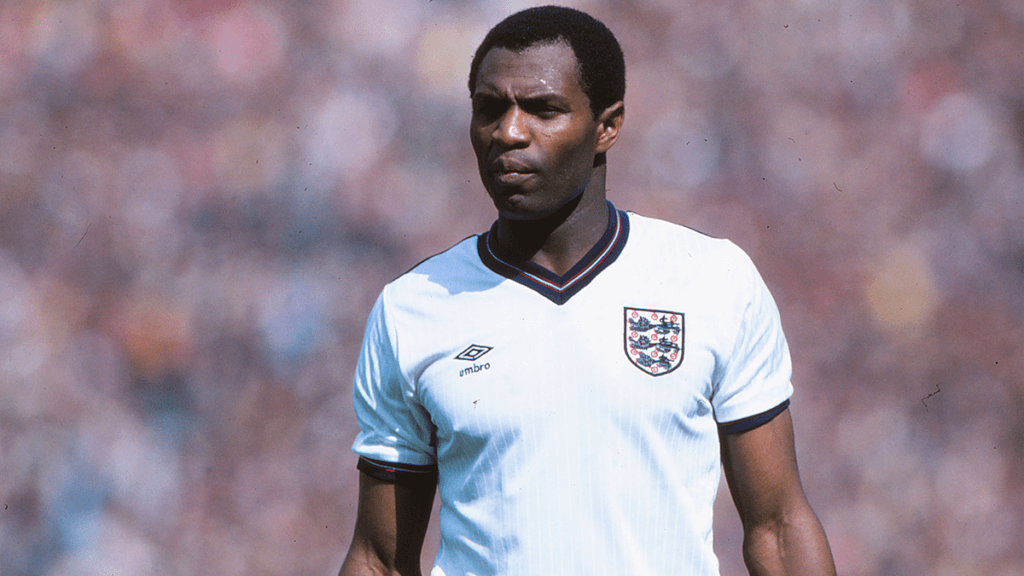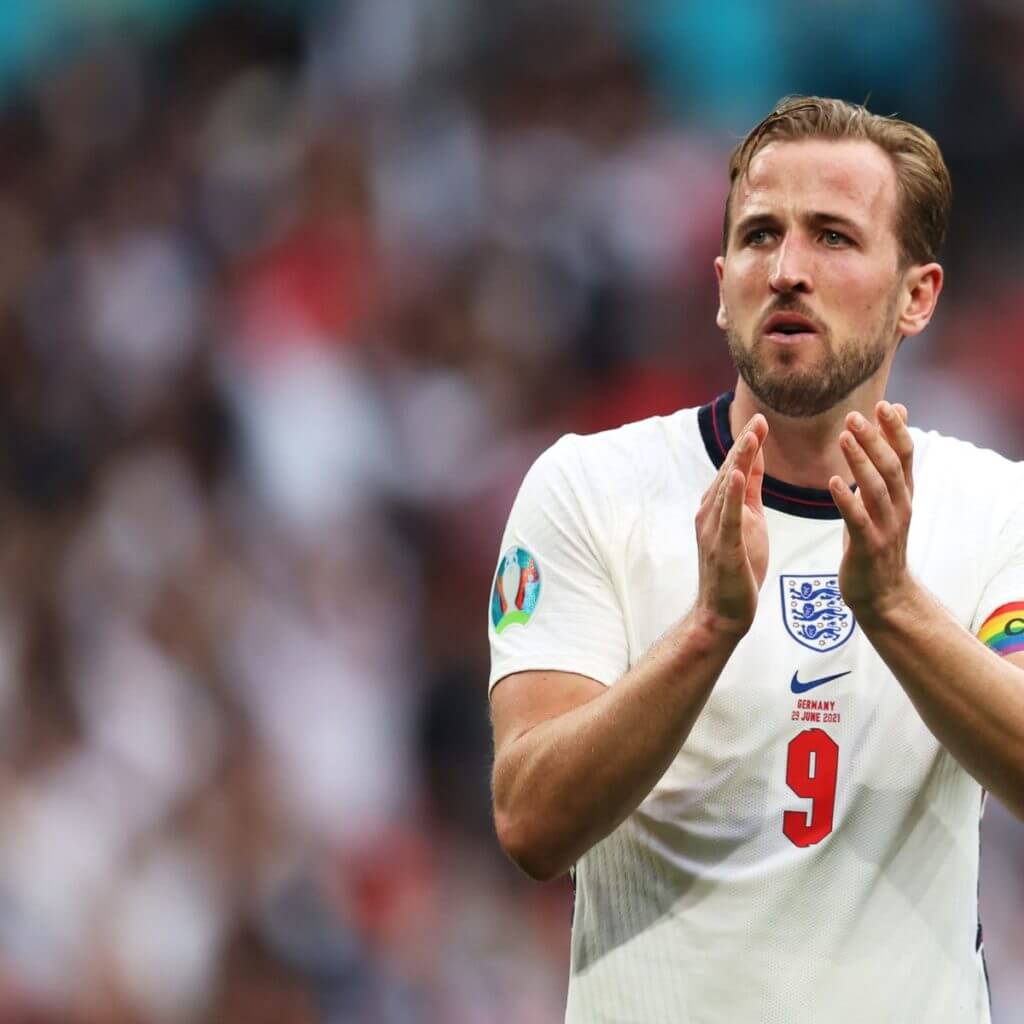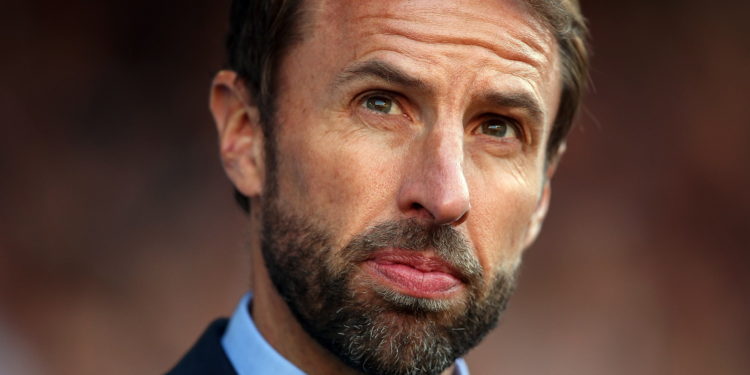You are about to read an open letter Gareth Southgate’s penned ahead of Euro 2020. This has been hailed as a masterclass in leadership and inclusivity. Basically, Southgate addressed criticism his players have faced over their activism. They have not won the cup yet, but they have achieved a feat that has eluded England football for the past 55 years. Therefore it would not be premature to celebrate a slice of it.
Dear England,
It has been an extremely difficult year. Everyone in this country has been directly affected by isolation and loss. But we have also seen countless examples of heroism and sacrifice. It’s given us all a new understanding of the fragility of life and what really matters. When you think of the grand scheme of things, perhaps football doesn’t seem so important. And what I want to speak about today is much bigger than football.
As we go into this summer, I know that there will be a lot of emotion tied up in the Euros, and in this England team. I can’t possibly hope to speak for an entire country, but I would like to share a few things with you, as we begin this journey.
There’s something I tell our players before every England game, and the reason that I repeat it is because I really believe it with all my heart.
I tell them that when you go out there, in this shirt, you have the opportunity to produce moments that people will remember forever.
You are a part of an experience that lasts in the collective consciousness of our country.
We saw that during Russia 2018, with the street parties, the barbecues and with every drop of beer thrown into the air in celebration. When England play, it’s not a few thousand — or even a few million — watching on subscription. You are representing more than 50 million people.
You remember where you were watching England games. And who you were watching with. And who you were at the time.
The first England match I really remember watching was in the 1982 World Cup, when I was 11. It was the first World Cup England had qualified for in my lifetime and I was obsessed. I had the wall chart, ready to fill in with every result, every goalscorer, every detail.
I rushed home from school for England’s opener against France to see Bryan Robson score after just 27 seconds! To witness that as a young Manchester United-supporting midfielder whose hero was Robson … well, it’s safe to say I was hooked.
Later that same year, I watched Luther Blissett get a hat trick in a 9-0 win over Luxembourg. That specific result might have been forgotten by many but it really stuck for me.

Every game, no matter the opposition, has the potential to create a lifelong memory for an England fan somewhere.
Why do we care so much?
Like with our own memories of watching England, everyone has a different idea of what it actually means to be English. What pride means.
For me, personally, my sense of identity and values is closely tied to my family and particularly my granddad. He was a fierce patriot and a proud military man, who served during World War II.
The idea of representing “Queen and country” has always been important to me. We do pageantry so well in Britain, and, growing up, things like the Queen’s silver jubilee and royal weddings had an impact on me.
Because of my granddad, I’ve always had an affinity for the military and service in the name of your country — though the consequence of my failure in representing England will never be as high as his. My granddad’s values were instilled in me from a young age and I couldn’t help but think of him when I lined up to sing the national anthem before my first international caps.
My belief is that everyone has that pride. And that includes the players.
Every game, no matter the opposition, has the potential to create a lifelong memory for an England fan somewhere.
– Gareth Southgate
What is sometimes forgotten is just how much it means to the players.
Players are fans too, after all. That’s how it starts. It starts with kids sitting in front of TVs, with wall charts and heroes.

Undoubtedly, we’re in a different era now, where footballers aren’t as accessible to fans as they once were. They don’t ride the same bus home from games, or meet in the pub for a pint and a post-match analysis.
But, despite all the changes in modern football, what cannot be questioned about the current generation of England players is their pride in representing this country.
This idea that some players don’t know what it means to play for England — or don’t care — has become something of a false narrative.
You don’t need to dig deep to realise that.
You only need to see what I see when an under-15 comes into St. George’s Park for the first time, or when a senior player arrives on their first call-up. The pride for them, their families and their communities back home is huge.
The journey to earn an England cap is an incredibly difficult one, regardless of background or circumstance.
Only around 1,200 players have represented England at senior men’s level. Ever.
It’s a profound privilege. Don’t forget, many of our lads started out at Football League clubs like Barnsley, MK Dons and Sheffield United. Their backgrounds are humble. For them to make it to this point as one of the chosen few in England’s history … well, it simply doesn’t happen without pride.
This is a special group. Humble, proud and liberated in being their true selves.
Our players are role models. And, beyond the confines of the pitch, we must recognise the impact they can have on society. We must give them the confidence to stand up for their teammates and the things that matter to them as people.
I have never believed that we should just stick to football.
I know my voice carries weight, not because of who I am but because of the position that I hold. At home, I’m below the kids and the dogs in the pecking order but publicly I am the England men’s football team manager. I have a responsibility to the wider community to use my voice, and so do the players.
It’s their duty to continue to interact with the public on matters such as equality, inclusivity and racial injustice, while using the power of their voices to help put debates on the table, raise awareness and educate.
Social media has been a key resource in giving our players a platform and has been a positive tool in so many ways. In fact, I feel like this generation of England players is closer to the supporters than they have been for decades. Despite the polarisation we see in society, these lads are on the same wavelength as you on many issues.
This is a special group. Humble, proud and liberated in being their true selves.
– Gareth Southgate
That said, there are times when my parental instincts kick in. I can’t help it. After all, I’m old enough to be a father to most of my players!
I see players scrolling on their phones straight after the final whistle and I think … Hmmm, is that a particularly good idea?
Reading abusive comments on Twitter or Instagram is never going to help performance.
There are genuine risks for our players online and I will always want to protect them, but I would never put rules on how or when they use their accounts while on England duty. I trust them and know they are mature enough to make their own decisions, to do what’s right for their mental health and to keep being a force for good as we strive for a better society.
The last 18 months have put added pressure on everyone, I know. Venting that might have taken place while walking out of the stadium, or in the pub has been transferred online. I get that. However, there are things I will never understand.
Why would you tag someone in on a conversation that is abusive?
Why would you choose to insult somebody for something as ridiculous as the colour of their skin?
Why?
Unfortunately for those people that engage in that kind of behaviour, I have some bad news. You’re on the losing side. It’s clear to me that we are heading for a much more tolerant and understanding society, and I know our lads will be a big part of that.
It might not feel like it at times, but it’s true. The awareness around inequality and the discussions on race have gone to a different level in the last 12 months alone.
I am confident that young kids of today will grow up baffled by old attitudes and ways of thinking.
For many of that younger generation, your notion of Englishness is quite different from my own. I understand that, too.
I understand that on this island, we have a desire to protect our values and traditions — as we should — but that shouldn’t come at the expense of introspection and progress.
Regardless of your upbringing and politics, what is clear is that we are an incredible nation — relative to our size and population — that has contributed so much to the arts, science and sport.
We do have a special identity and that remains a powerful motivator.
In a funny way, I see the same Englishness represented by the fans who protested against the Super League. We are independent thinkers. We speak out on the issues that matter to us and we are proud of that.
Of course, my players and I will be judged on winning matches. Only one team can win the Euros. We have never done it before and we are desperate to do it for the first time.
Believe me.
But, the reality is that the result is just a small part of it. When England play, there’s much more at stake than that.
It’s about how we conduct ourselves on and off the pitch, how we bring people together, how we inspire and unite, how we create memories that last beyond the 90 minutes. That last beyond the summer. That last forever.
I think about all the young kids who will be watching this summer, filling out their first wall charts. No matter what happens, I just hope that their parents, teachers and club managers will turn to them and say, “Look. That’s the way to represent your country. That’s what England is about. That is what’s possible.”
If we can do that, it will be a summer to be proud of.
Yours,
Gareth Southgate




